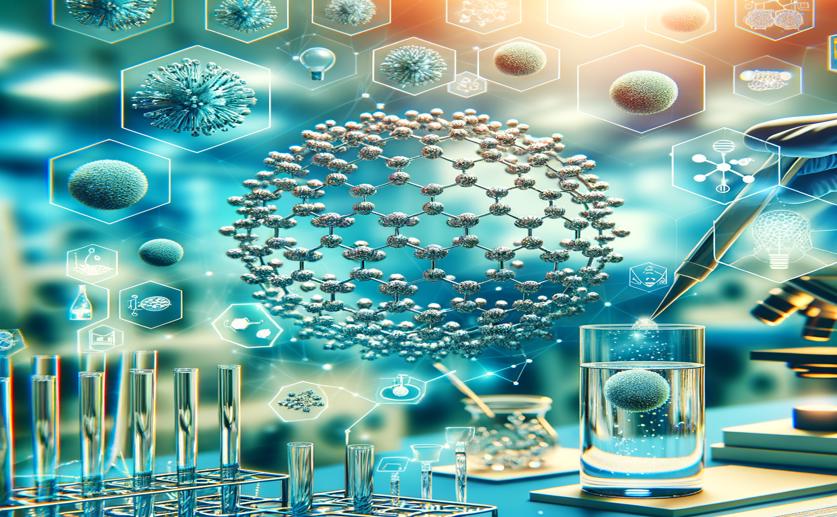
Green Tech: Pectin-Iron Nanocomposites for Clean Water and Pathogen Control
Jenn Hoskins
5th August, 2024

Image Source: Natural Science News, 2024
Key Findings
- Researchers at Saveetha University developed a pectin-nano zero-valent iron (nZVI) nanocomposite to remove heavy metals from water
- The nanocomposite, made from banana peel pectin and nZVI, effectively adsorbs chromium and lead
- The nanocomposite is environmentally safe, showing no toxic effects in tests with zebrafish models
EnvironmentSustainabilityBiotech
References
Main Study
1) Pectin-nano zero valent iron nanocomposites for efficient heavy metal removal and bactericidal action against waterborne pathogens - Innovative green solution towards environmental sustainability.
Published 3rd August, 2024
https://doi.org/10.1016/j.ijbiomac.2024.133990
Related Studies
2) Heavy metal remediation by nano zero-valent iron in the presence of microplastics in groundwater: Inhibition and induced promotion on aging effects.
3) Pollution assessment of heavy metal accumulation in the farmland soils of Beijing's suburbs.
4) Removal of water pollutants using plant-based nanoscale zero-valent iron: A review.



 12th July, 2024 | Greg Howard
12th July, 2024 | Greg Howard